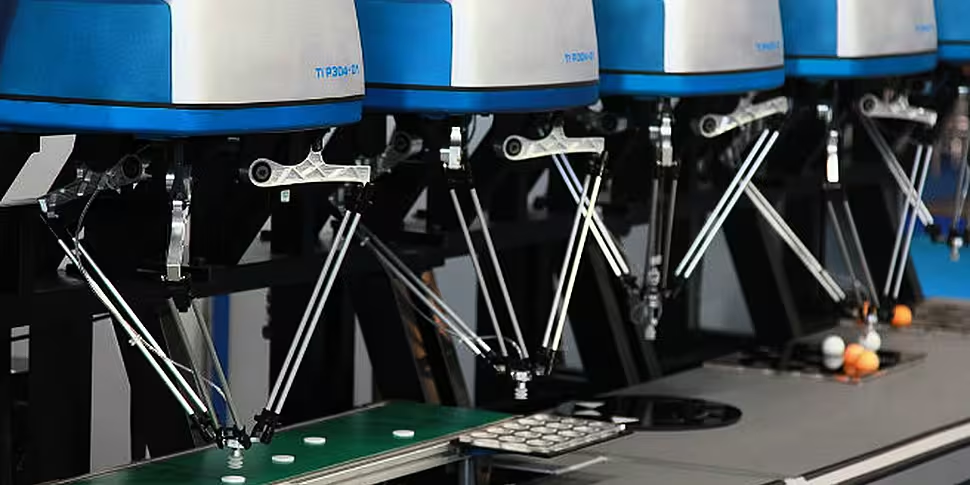More than one third of existing jobs in the UK are at a high risk of being lost to robots and computers within the next 20 years.
A joint report from Deloitte and University of Oxford finds that "35 per cent of existing UK jobs at high risk of replacement in next twenty years." Low-paid jobs (the study defines these in the UK earning under €38,000) which involve repetitive tasks - including roles involving clerical or support services - are most at risk; while those roles requiring digital, management or creative skills are more secure.
The study finds that these trends – of jobs in certain sectors being lost to automation – “are already well under way”, highlighting that since 2001 65 per cent of London librarians have lost their jobs, and close to half of all personal assistants and secretaries.
Just 40 per cent of jobs in the UK are considered to be “at low or no-risk” from automation over the next two decades. These jobs are those high-skill positions that require digital-skills, creativity or management skills.
Angus Knowles-Cutler of Deloitte said that despite current positivity regarding the economy, there are significant challenges lying in wait with regard to automation reducing the availability of lower paid jobs.
“Across the UK as well, there are reasons to be positive, the economy is recovering and job growth is coming from dynamic businesses, hiring faster than the national average.
“But below the headline numbers things are changing fast, and the challenges, right across the UK, are evident. The likely loss of lower paid jobs is a real concern, and the new skills that employers will need in the future deserves close attention.”
Knowles-Cutler warns that, “unless these changes coming in the next two decades are fully understood and anticipated by businesses, policy makers and educators, there will be a risk of avoidable unemployment and under-employment.
He adds that “(a) widening gap between ‘haves’ and ‘have nots’ is also a risk as lower skill jobs continue to disappear.”
Workers in big cities are safer. The lack of manufacturing jobs and a higher proportion of creative or high-skilled jobs means automation’s effect will be lesser than in regions where manufacturing and similar industries remain a significant employers.
The study found that 84 per cent of London businesses say the skills their staff need will change in the next 10 years, with ‘digital know-how’, ‘creativity’ and ‘management’ the skills increasingly in need.
In areas where jobs are being reduced automation will be the leading factor, followed by nearshoring and then offshoring.
The study finds that 84 per cent of businesses in London’s travel, transport and hospitality sector expect technological change to “have a predictable and positive” impact on their industry. For media and telecoms business there was a positive outlook on technology from 81 per cent of businesses, while 70 per cent of public sector and 68 per cent of financial sector businesses expected a similarly positive and predictable future from technological change.









